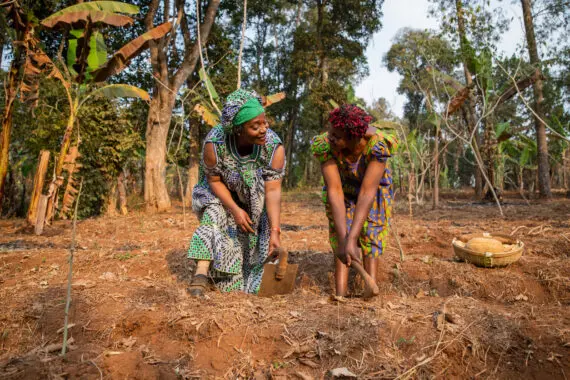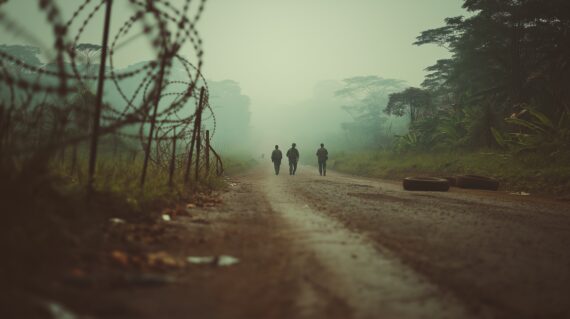The Current Situation:
- An estimated 1.4 million people in Mozambique need lifesaving humanitarian assistance, an increase of 18 percent in one year. This figure includes approximately 24,000 people living on the verge of famine.
- Attacks by Islamist terror group al-Shabaab have displaced hundreds of thousands of people since 2017. The violence continues in 2022 despite the presence of regional peacekeepers. In February, a group of more than 10,000 people, of whom about half were children, were displaced in a single major attack.
- While the conflict is still concentrated in Cabo Delgado, a northern province with abundant natural resources and deeply forested terrain, it is now reportedly spreading to areas farther south.
- The country is still struggling to recover from cyclones and storms that hit during the 2021 cyclone season. Hundreds of thousands of people suffered the destruction of their homes, crops, and livelihoods. In January 2022, Tropical Storm Ana struck Mozambique, affecting an estimated 125,000 people.
- Tropical Cyclone Gombe, a category 3 cyclone, hit Mozambique on March 11, 2022. In conjunction with several additional tropical storms, all within a short period between January and March 2022, Cyclone Gombe caused significant flooding. In addition to damage to homes, other buildings like schools and hospitals, and roads, crops were destroyed as croplands flooded, particularly in the provinces of Nampula and Zambezia in northeastern Mozambique.
The Causes:
- Conflict
- Climate change
- Repeated natural disasters
Humanitarian Assistance:
- Humanitarian officials have requested about $204 million in emergency assistance funding for 2022, to be allocated among food security, nutrition interventions, and support for livelihoods. Treatment for malnutrition will be an essential component.
- It remains difficult for aid workers and supplies to reach people in some of the areas most affected by violence. For this reason, aid workers try to position food and water supplies and basic medical kits in advance – in more secure areas near conflict sites—so that assistance can be provided more quickly to displaced people.
- Humanitarian workers are offering cash vouchers for food and other necessities to displaced people and their local hosts.
- Looking ahead, aid officials have prioritized supporting national or local efforts to establish a social safety net and an emergency preparedness plan.
Bread for the World’s Connection to This Hunger Hotspot:
Bread’s ongoing advocacy for robust humanitarian food and nutrition assistance is essential to an effective response to the hunger crisis in Mozambique. Bread for the World members are longtime faithful advocates for people in hunger emergencies and have already helped to win additional humanitarian funding this year. This is part of Bread’s efforts to persuade Congress to allocate funds that save lives, prevent irreparable harm from early childhood malnutrition, and ease suffering. Bread members also champion U.S. development assistance, which helps prevent hunger emergencies by enabling and equipping people to build resilient communities.



